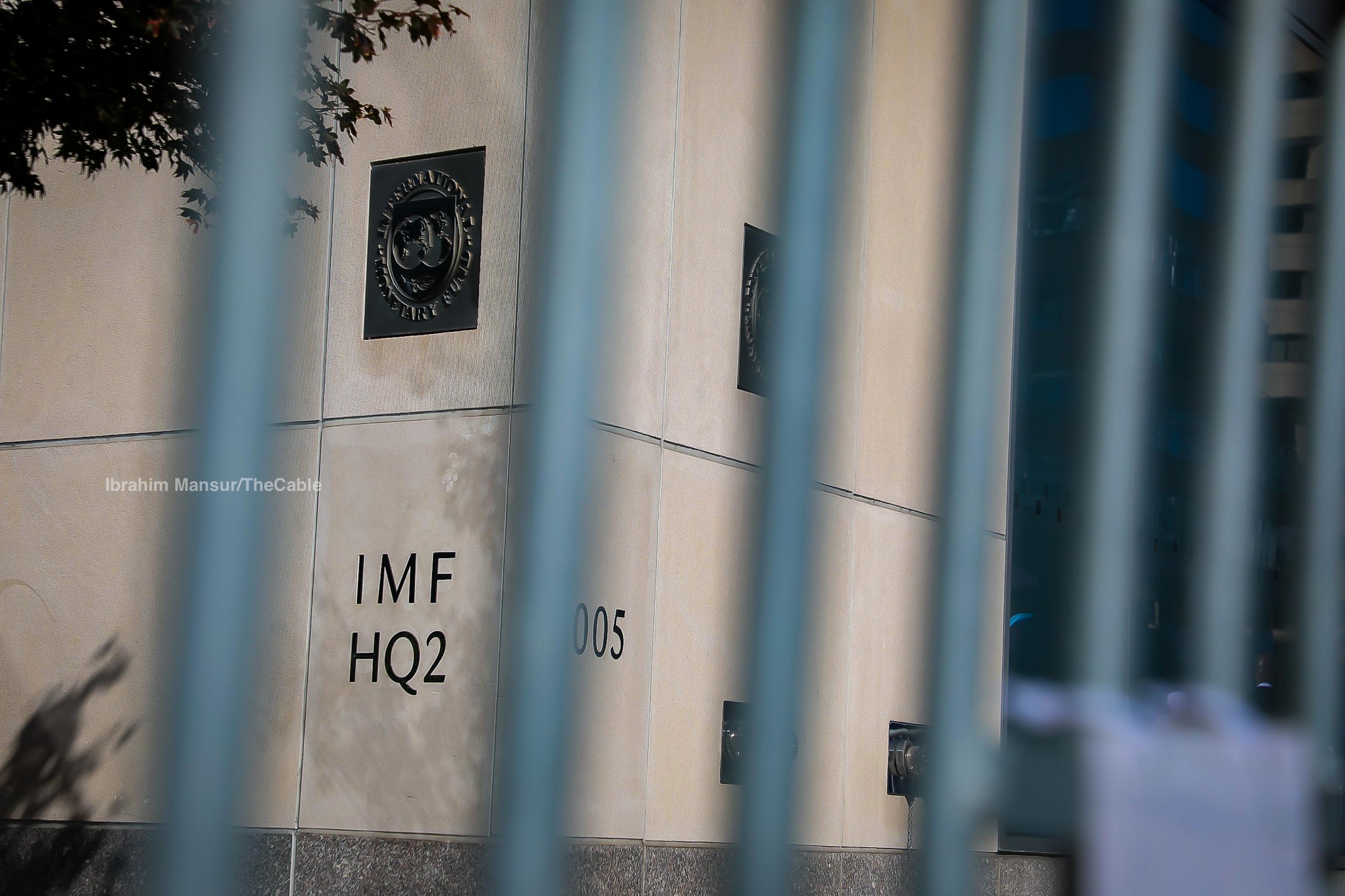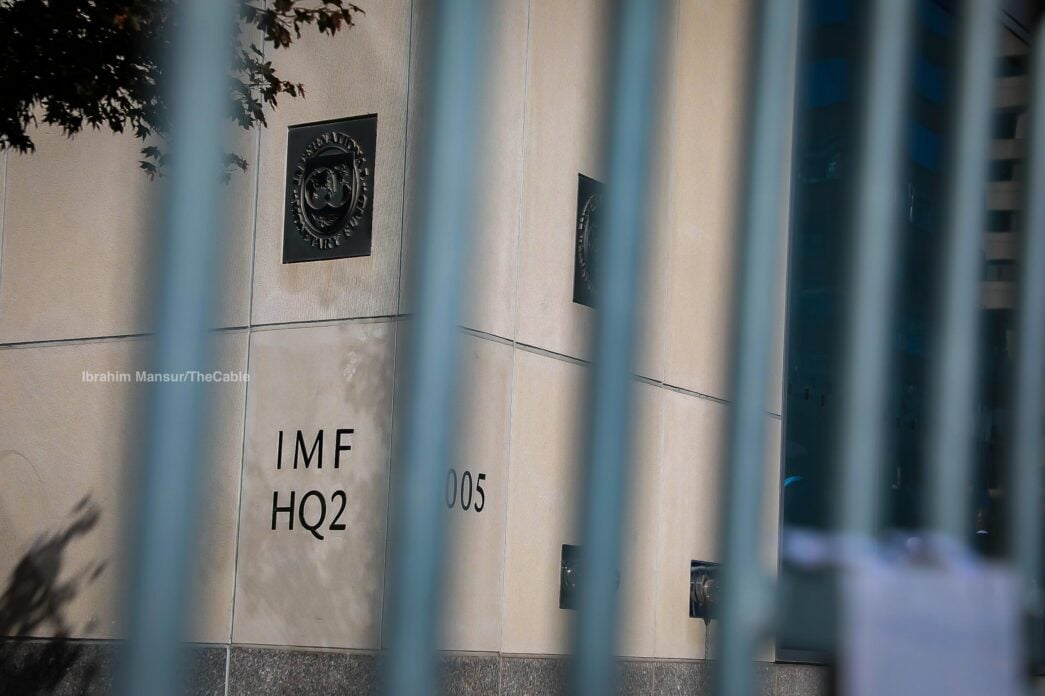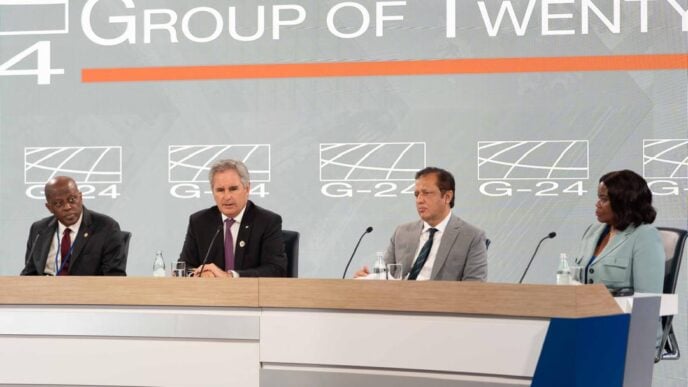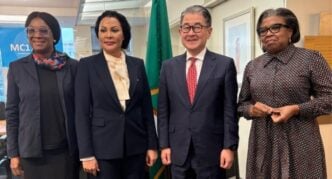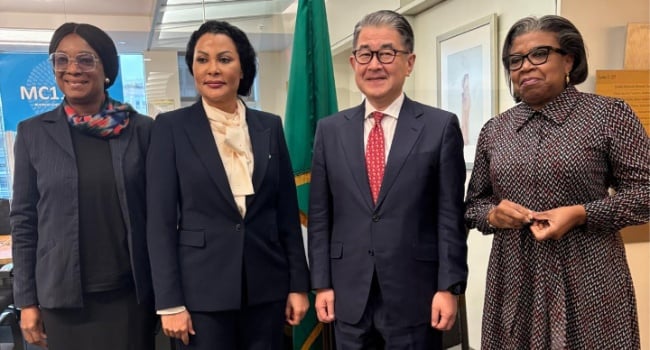IMF headquarters in Washington DC
The International Monetary Fund (IMF) says Nigeria’s improved revenue collection and transparency in foreign exchange (FX) reserves have contributed to easing inflation in the country.
Jason Wu, assistant director in the IMF’s monetary and capital markets department, spoke on Tuesday during a press briefing to launch the Global Financial Stability Report at the ongoing IMF/World Bank annual meetings.
He said the progress reflects the impact of monetary policy actions combined with fiscal reforms.
“In addition to monetary policy actions, revenue collection has improved in Nigeria, and transparency in terms of FX reserve positions has improved,” Wu said.
Advertisement
“I think all of this has contributed to lower inflation from more than 30 percent last year to 23 percent this year, as well as improved FX reserve positions in Nigeria. So, the direction of travel appears to be positive.”
He, however, cautioned that while Nigeria and other sub-Saharan African economies are showing signs of recovery, they continue to face headwinds that could expose underlying vulnerabilities, particularly if foreign investments were to reverse.
“While growth has been fairly strong during this period where financial conditions are easing and capital flows are resuming, it is also possible that the previous capital flow surge and then retrenchment cycles that we have seen before could happen,” the IMF official said.
Advertisement
“When that happens, it would expose some of these economies with vulnerabilities, particularly when foreign investments were to retrace.”
Wu said countries must continue improving their fiscal and monetary policy fundamentals while developing structural reforms such as revenue mobilisation — as Nigeria is currently doing — effective debt management, and seeking support from the international community.
Also speaking, Tobias Adrian, financial counsellor and director of the IMF’s monetary and capital markets department, said exchange rates serve as crucial buffers for helping domestic economies adjust to external shocks.
“A depreciating exchange rate is not necessarily a bad thing. It may actually be a good thing in order to restore equilibrium,” Adrian said.
Advertisement
The director noted that Nigeria has taken significant steps to strengthen its policy frameworks, particularly in monetary policy, adding that the IMF generally encourages exchange rate flexibility to enhance economic resilience.
